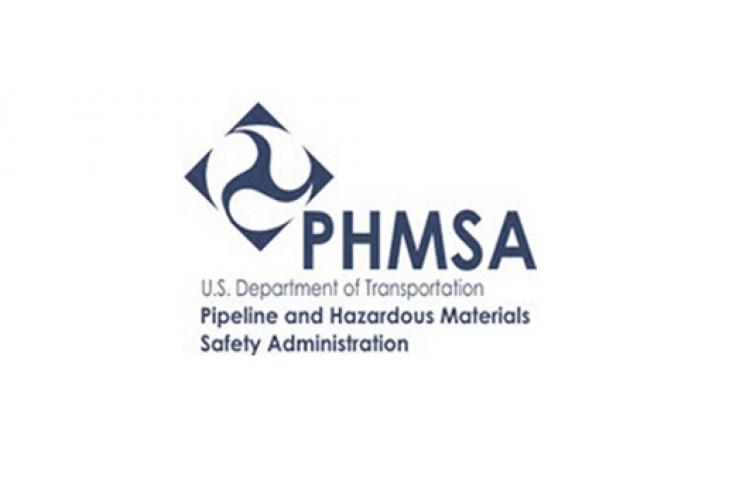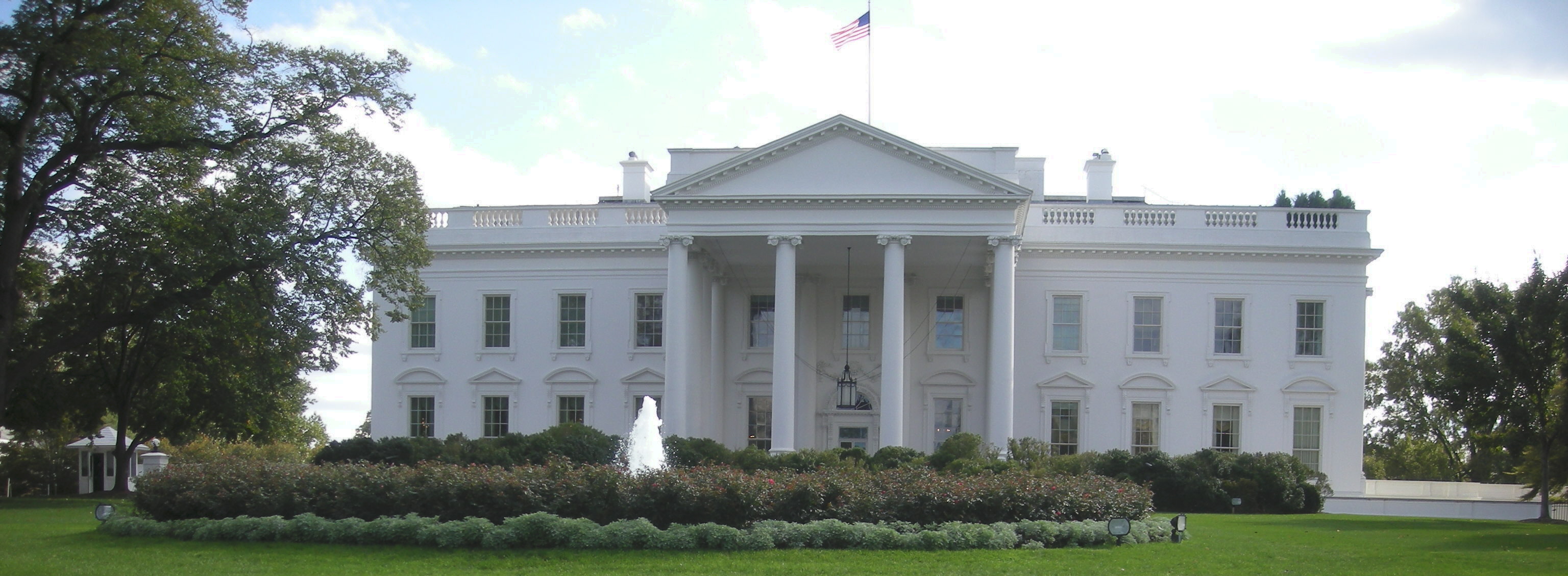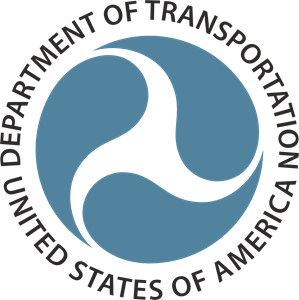Trump Admin Launches Fuel Economy Standard Rollback
by Mike Lee (Politico Pro Greenwire) The Transportation Department says the Biden-era rule for cars and trucks is legally flawed. -- The Department of Transportation formally started the process of rewriting the fuel economy standards for cars and trucks, issuing a rule




.jpg)




